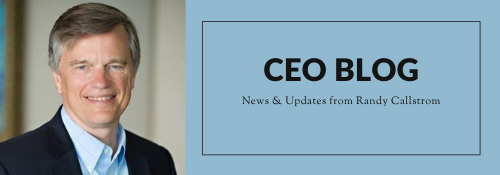
Black History Month is a time to learn and reflect. And this year’s theme, Black Health and Wellness, has been particularly impactful for me and has increased my desire to learn more about the often overlooked contributions that Black scholars and practitioners have made to the fields of physical and behavioral health. This theme has also caused me to stop and reflect on how systemic racism continues to persist in our physical and behavioral health systems.
In order to be able to treat a problem, we first have to diagnose it. By recognizing and naming systemic racism as a problem in our health systems, we put ourselves in a position to work toward a solution. Wyandot BHN wants to be part of the solution.
As part of our commitment to health equity, Wyandot BHN has joined the Kansas City Health Equity Learning and Action Network, a collaborative multi-sector initiative led by the Health Forward Foundation. This group is working together to address the conditions that create barriers to optimal health and well-being for all. Together, we want to put in the work to identify harm that we may be causing and find ways to improve health equity in our community.
Wyandot BHN’s Diversity Task Force, formed in the wake of George Floyd’s murder in 2020, has also been reevaluating our organizational procedures and culture to identify areas where we can better serve the diverse populations in our community, including the Black and African American communities. This includes hiring a more diverse staff that more accurately represents the community we serve and working to better incorporate each consumer’s culture into their treatment plan.
Our understanding of the mental health needs of the Black community is deeper now than ever before, thanks in large part to trailblazers like Bebe Moore Campbell and Herman George Canady. But we must rise to meet the moment and put their insights into practice. We can and must do more to invest in the health and wellness of the Black community. But our efforts must happen year-round, not just during Black History Month.
